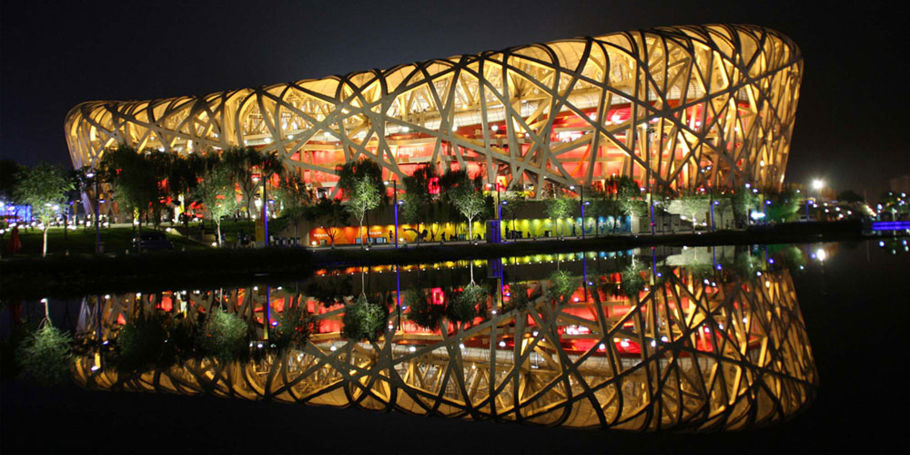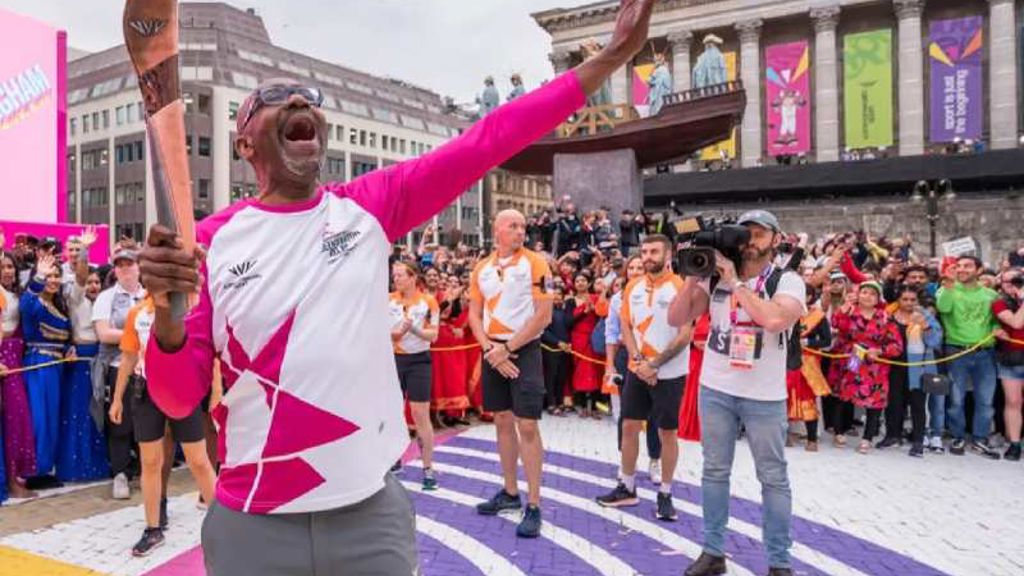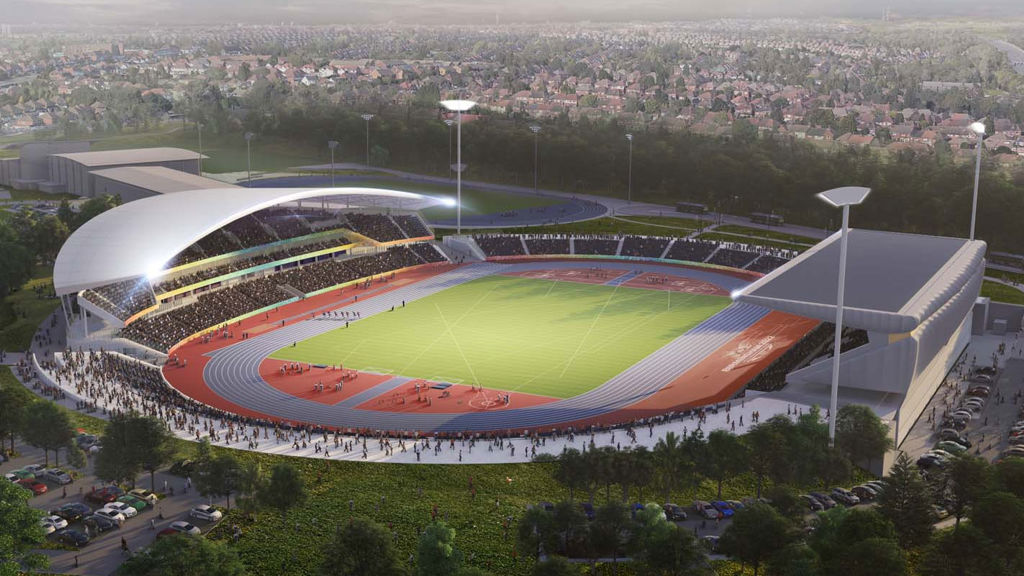Next year, the FIFA World Cup 26™ (FWC26) will make history as 16 cities across the United States, Mexico, and Canada welcome the world to the largest ever FIFA World Cup, with 48 teams, 104 games, and five million visitors — the most in the history of this prestigious professional soccer tournament. The FWC26 also marks the first time in history that the tournament will be spread across three countries. Organizing an event of this magnitude poses a myriad of logistical, organizational, and operational considerations, from the flow of visitors and traffic to security and stakeholder coordination.
In the lead up to this monumental event, Arup has been supporting the Host Committees of a number of cities. Leveraging our expertise in major events and city strategy and operations, Arup has been supporting these host cities in preparing for their upcoming Americas-based tournament with several transportation-based initiatives.
This has included supporting the development and implementation of official Transportation and Mobility Plans, including readiness and exercise plans to test these ahead of the tournament, and tasks related to understanding projected spectator impacts on regional transportation systems. The goal of this planning is to seamlessly manage the complex logistical and organizational demands involved in hosting such a large-scale event. In addition to this work, Arup has been supporting the planning and design for FIFA Fan Festival™ experiences, a central destination for the local community and visitors to enjoy the matches together.
Arup’s work has been focused not only on getting large numbers of spectators to the matches and FIFA Fan Festivals, but also on minimizing the amount of impact it has on the daily lives of residents and businesses in these host cities. Beyond the tournament itself, events such as FWC26 have the potential to create a legacy for cities that surpasses the tournament itself, providing the opportunity to serve as a catalyst for investment in infrastructure and building the capacity of city leaders and systems.
Coordinating transportation planning for a host city
To accommodate the significant influx of visitors and spectators expected throughout the tournament, Arup has been developing a comprehensive Transportation Mobility Plan for a major host city. Bringing together agencies, Arup has been working to assess the demands on the transport system and build a plan that ensures the successful hosting of the matches, keeps the city moving, and seizes the opportunity to enhance public transportation networks. Additionally, Arup has been coordinating with FIFA to address logistical considerations, such as timeframes for moving people into and out of venues, while ensuring thorough mobility plans for players, fans, VIPs, and additional spectators. Beyond local agency collaboration, Arup has also been factoring in supplemental bus services, rideshare options, and airport coordination to make sure all modes of transport are aligned and account for predicted spectator volumes, timing, and other essential considerations.
Supporting a host city with critical transportation initiatives
Arup has been supporting another host city to evaluate transport assumptions and strategies, leveraging our expertise in mobility planning around major events. This work is focused on providing seamless transport solutions for both ticket holders and those just coming to enjoy the atmosphere. In addition, Arup has developed a Transport Demand Analysis to better understand transportation demand scenarios and how current levels of service and potential needs for supplemental support could be impacted, as well as a bus hub analysis, for which we are identifying local and regional hubs for visitor accommodations to inform the selection of potential locations for bus hubs. As part of these analyses, Arup has been coordinating with multiple regional transportation players, fostering a deeper understanding of how all components involved interact with each other.
Designing FIFA Fan Festival sites
In addition to coordinating transportation planning services for the tournament itself, Arup has also been contributing to the planning and design of the FIFA Fan Festival sites for a number of host cities. The concept of the FIFA Fan Festival site was created in 2006 to provide spaces for members of local communities that couldn’t get tickets as well as for the millions of visitors to the host country who, with or without a ticket, could get together and celebrate their nations and the event.
For 2026, our efforts are focused on supporting successful multi-day FIFA Fan Festivals by understanding where people will likely be coming from and identifying how to support seamless movement of attendees to travel easily from their locations to the FIFA Fen Festival sites for the duration of the tournament. Our comprehensive approach to designing FIFA Fan Festival sites considers transportation, security, resident engagement, and maximizing the return on investment. Arup’s broad experience with major events operational design has enabled us to get ahead and streamline the process of creating these fantastic celebration sites.







